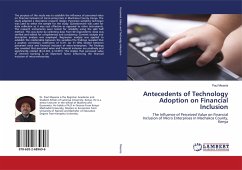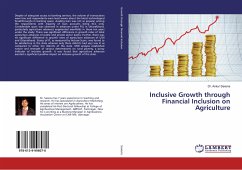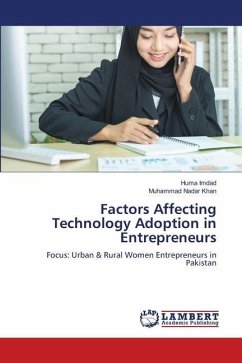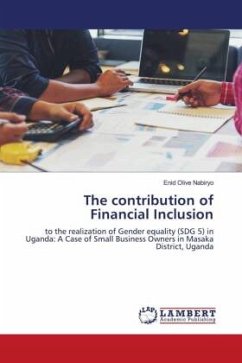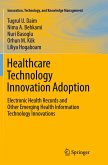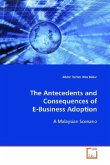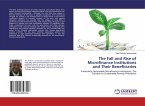The purpose of the study was to establish the influence of perceived value on financial inclusion of micro-enterprises in Machakos County, Kenya. The study adopted a descriptive research design. Purposive sampling technique was used to select the sample for the study. Questionnaire was used for data collection as it was cost effective as opposed to other instruments. The research instruments were tested for reliability using the split half method. This was done by collecting data from 60 respondents. Data was verified and edited for completeness and consistency. Content analysis and descriptive analysis was employed. Regression analysis was applied to establish the relationship between the variables.The findings revealed that a positive correlation coefficient of 0.311 (or 31.10%) existed between perceived value and financial inclusion of micro-enterprises. The findings also revealed that perceived value and financial inclusion are positively and significantly related (beta=0.233, p<0.001). This implies that perceived value of internet banking is an important factor influencing the financial inclusion of micro-enterprises.

